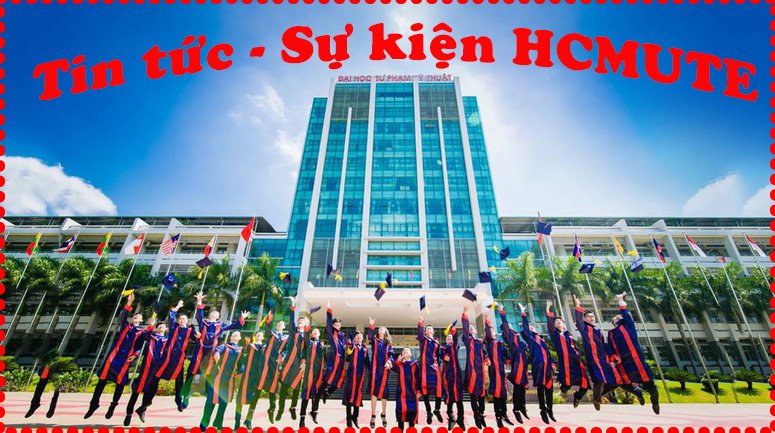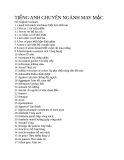Tài liệu Thư viện số
- Giáo trình SPKT (418 )
- Luận văn, luận án (2865 )
- Đồ án, khóa luận tốt nghiệp (9644 )
- Tài liệu tham khảo (1350 )
- BC nghiên cứu khoa học (1589 )
- Kỷ yếu hội thảo (12 )
- Tạp chí khoa học (62 )
- Luật (349 )
- Cơ khí chế tạo máy (2344 )
- Điện - Điện tử (4378 )
- Cơ khí động lực (1242 )
- Xây dựng - Kiến trúc (3233 )
- Thực phẩm, Môi trường (1087 )
- Công nghệ thông tin (3074 )
- Kinh tế - Quản lý (4140 )
- In - Truyền thông (383 )
- CN May - thời trang (832 )
- Nghệ thuật - Ẩm thực (1516 )
- Nông - Lâm - Ngư Nghiệp (763 )
- Y học - Sức khỏe (620 )
- Khoa học xã hội (3535 )
- Lịch sử - Địa lý - Du lịch (492 )
- Khoa học tự nhiên (2112 )
- Văn học (2585 )
- Ngôn ngữ (4289 )
- Khoa học ứng dụng (408 )
- Thông tin Tuyển sinh (61 )
- Thông tin -Thư viện (418 )
- Thể loại khác (1376 )
Danh mục TaiLieu.VN
- Mẫu Slide Powerpoint
- Kinh Doanh Marketing (39320)
- Kinh Tế - Quản Lý (30571)
- Biểu Mẫu - Văn Bản (123435)
- Tài Chính - Ngân Hàng (23744)
- Công Nghệ Thông Tin (56521)
- Tiếng Anh - Ngoại Ngữ (9738)
- Kỹ Thuật - Công Nghệ (44193)
- Khoa Học Tự Nhiên (27343)
- Khoa Học Xã Hội (43227)
- Luật - Kinh tế luật (6560)
- Văn Hoá - Thể thao - Du Lịch (71283)
- Y - Dược - Sức Khoẻ (83234)
- Nông - Lâm - Thuỷ sản (16418)
- Luận Văn - Báo Cáo (217024)
- Tài Liệu Phổ Thông (244133)
- Trắc Nghiệm Online (213578)
- Trắc Nghiệm MBTI
- Trắc Nghiệm Holland
Sociocultural Theory and Second Language Learning
The intent of this chapter is to familiarize readers with the principles and constructs of an approach to learning and mental development known as Sociocultural Theory.1 Sociocultural Theory (SCT) has its origins in the writings of
the Russian psychologist L. S. Vygotsky and his colleagues. SCT argues that
human mental functioning is fundamentally a mediated process that is organized by cultural artifacts, activities, and concepts (Ratner, 2002).2 Within
this framework, humans are understood to utilize existing cultural artifacts
and to create new ones that allow them to regulate their biological and behavioral activity. Language use, organization, and structure are the primary
means of mediation. Practically speaking, developmental processes take place
through participation in cultural, linguistic, and historically formed settings
such as family life and peer group interaction, and in institutional contexts
like schooling, organized sports activities, and work places, to name only a few.
SCT argues that while human neurobiology is a necessary condition for higher
order thinking, the most important forms of human cognitive activity develop
the Russian psychologist L. S. Vygotsky and his colleagues. SCT argues that
human mental functioning is fundamentally a mediated process that is organized by cultural artifacts, activities, and concepts (Ratner, 2002).2 Within
this framework, humans are understood to utilize existing cultural artifacts
and to create new ones that allow them to regulate their biological and behavioral activity. Language use, organization, and structure are the primary
means of mediation. Practically speaking, developmental processes take place
through participation in cultural, linguistic, and historically formed settings
such as family life and peer group interaction, and in institutional contexts
like schooling, organized sports activities, and work places, to name only a few.
SCT argues that while human neurobiology is a necessary condition for higher
order thinking, the most important forms of human cognitive activity develop
Từ khóa: American literature, Tiếng Anh thực hành -- Truyện đọc
10 p thehoangthk 27/08/2020 645 1
Bạn đang xem trang mẫu tài liệu này.







